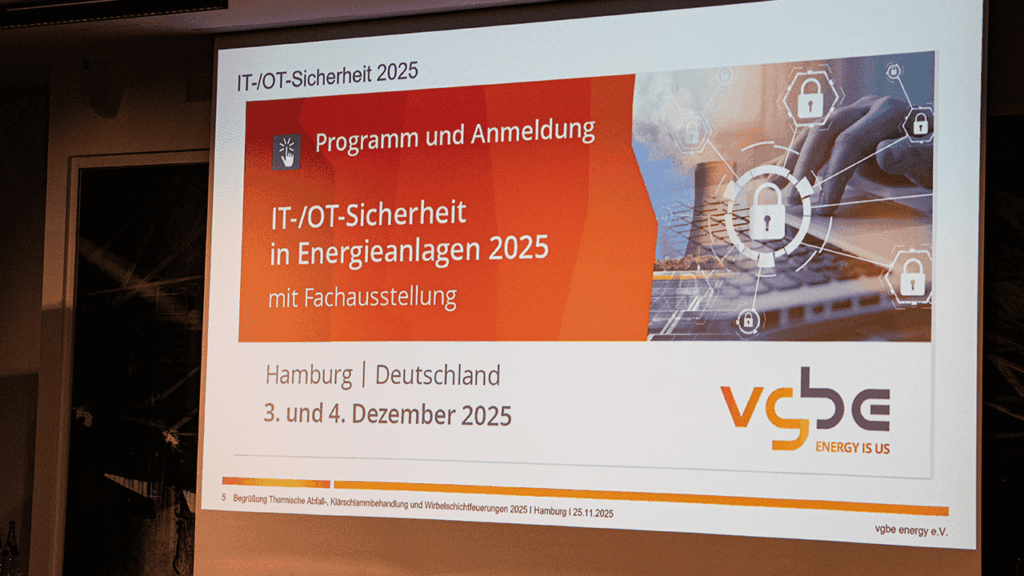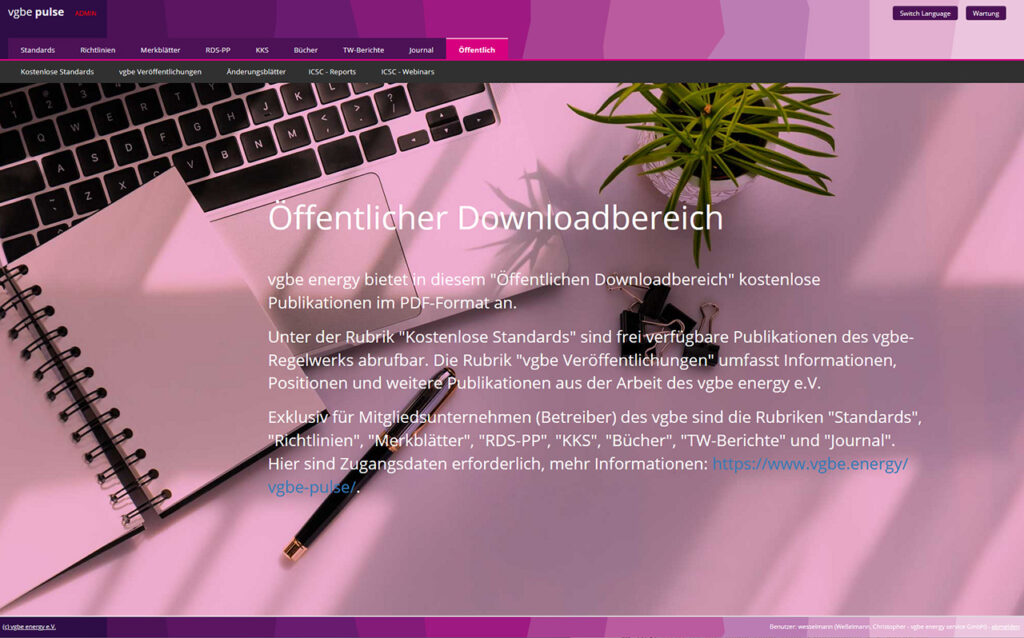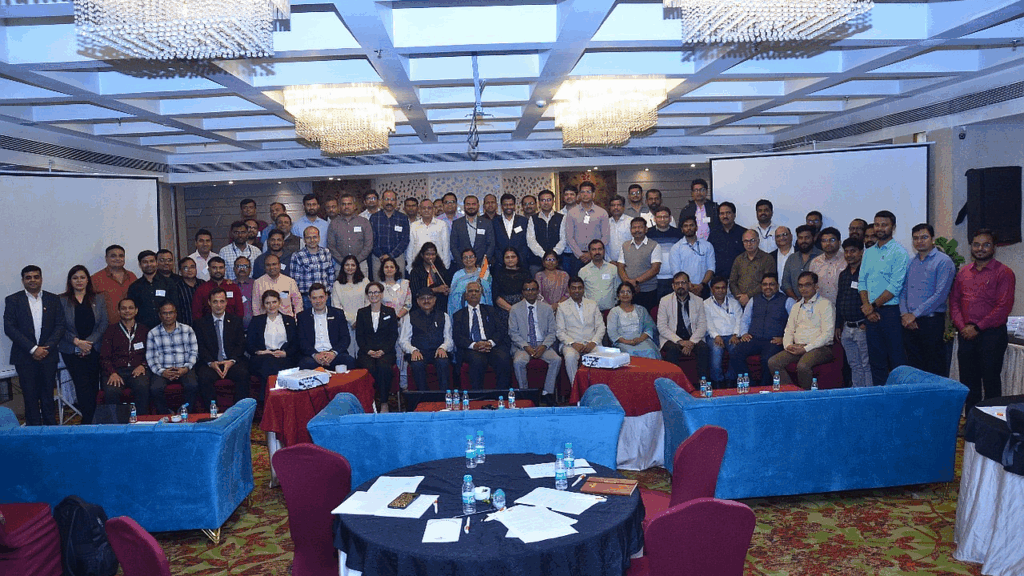This report picks out highlights from the coal day of the 2022 RFCS Summit in Brussels, celebrating 20 years of the Research Fund for Coal and Steel (RFCS). At the coal day, there was a broad discussion on technologies and their role in a “just transition”, but also on energy security.
Welcome
Rosalinde van der Vlies, Director for Clean Planet in DG RTD, welcomed participants to the anniversary celebration of the RFCS, adding that the programme’s “rebirth” would align it with the European Green Deal’s ambition to be the world’s first climate-neural continent by 2050. She explained the restructuring of the RFCS management, with many responsibilities now handed over to the Research Executive Agency (REA), and welcomed the new Big-Ticket calls as a “renaissance”. Paul Webb, Head of the “Green Europe” Department at REA, added encouraging words on how it will manage the €780 million budget of the RFCS over the next seven years (€40 million annual calls + €71 million Big-Ticket calls) so that the transition is just, rather than the brutal industrial change he grew up with in northern England.
Keynotes
Nicola de Michelis, Director Smart and Sustainable Growth at DG REGIO, underlined that regardless of short-term tensions in the energy markets, the 2030 and 2050 climate targets remained in place, and the tensions actually justified an acceleration of climate policies and reduce the use of fossil fuels via REPowerEU.
“Coal is part of our past, not our future,” he continued, and the European Green Deal would see the phase-out of coal, lignite, oil shale and peat. He acknowledged that there could be a discussion on delaying coal phase-outs. He added later that there was no shortage of money at the EU level – “billions and billions of euros” under the MFF and its Cohesion Funds – to accomplish this big tasks.
Secretary General of EURACOAL, Brian Ricketts began with a history of the European Coal and Steel Community (ECSC) and RFCS, highlighting the Treaty of Paris which sought to establish “a broader and deeper community among peoples long divided by bloody conflicts”. Given the EU’s dependency on Russia for around half of its imported coal, one quarter of its oil and 40% of its fossil gas, he called for an end to the war on coal as Europe would need all sources of energy over the coming months and years. On coal phase-outs, he remarked that without large-scale energy storage, thermal power generation would still have a role, even as renewable energy sources (RES) grew. Poland, Brian Rickett said was lucky to still have many underground coal mines, while Germany, the Czech Republic and eight other member states in eastern and south-eastern Europe were lucky to have lignite mines still operating at this time of deep crisis.
Dr. Oliver Then, Managing Director of VGB PowerTech (soon to be vgbe energy), congratulated the Commission on its management of the RFCS over the last twenty years and looked forward to the next twenty as the EU, if not the continent, moves to climate neutrality. He showed coal’s current role in heat and power supply, noting that some EU countries are still heavily reliant on coal while others are as dependent on fossil gas. He showed coal’s current role in heat and power supply, noting that some EU countries are still heavily reliant on coal while others are as dependent on fossil gas.
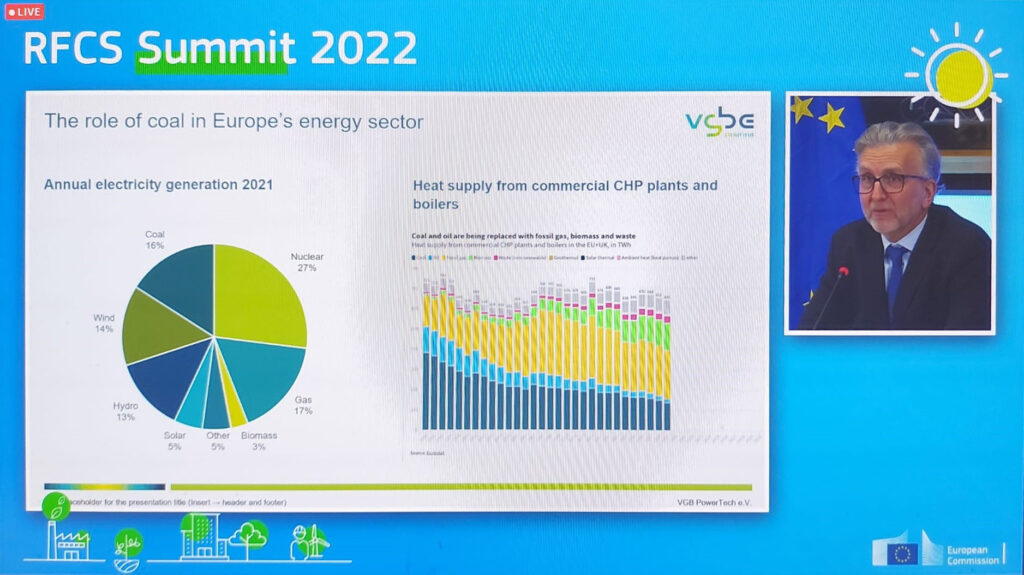
Dr. Oliver Then, Managing Director of VGB Power Tech e.V.
Dr. Then took participants on a voyage from the 1950s to 2030s during which times the priorities for coal power research had evolved from increasing capacity and availability to meet demand, through reducing emissions and improving efficiency for sustainability, to today’s requirement of maximising flexibility to balance RES and repurposing of former power plant sites. He showcased COMTES700 – an RFCS project which built on earlier Framework Programme projects with the aim of building a coal power plant operating with high efficiency at 700°C – and RECPP which was laying the foundations for future projects involving power utilities from across Europe. Real projects that make the best, energetic use of existing assets with new technologies was a goal that the RFCS was well placed to support, he concluded.
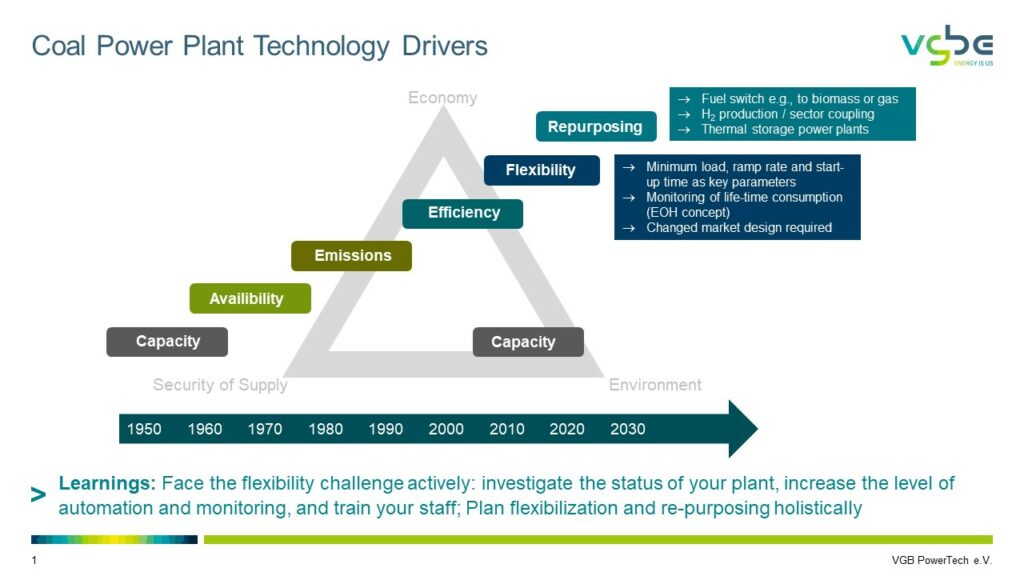
Overview on RFCS projects and panel discussions
Prof. Alicja Krzemień, chair of the EURACOALTechnical Research Committee, was one of several experts who presented successful RFCS projects, RECOVERY in her case. Debo Adams of the International Centre for Sustainable Carbon explained how the CoalTech2051 project had been one stepping stone on the transformation of the IEA Clean Coal Centre towards its new remit on sustainable carbon. Adolf Aumüller as a representative of vgbe energy spoke enthusiastically about the GreenDEALCO2 project and its potential continuation as a big-ticket-project.
Dr. Tomasz Rogala, Senior Vice President of EURACOAL, reflected on the background to EU climate targets and the Fit-for-55 package, including UNFCCC COP 24 in Katowice. He summarised the Polish energy sector’s need for coal and lignite: 70% of electricity is generated from these sources. He explained the agreement reached in 2020 by the Polish government, trade unions and local authorities to end coal production in Poland by 2049, allowing not only time this decade for investments in environmentally friendly IGCC with CCS (e.g. a 250 MW plant at Laziska), but also time for workers to adapt and time to build a secure, new energy system comprising RES and nuclear with some fossil gas.
From RWE, Tilman Bechthold, Vice President R&D, and Chairman of the Scientific Advisory Board of vgbe energy, outlined his company’s past involvement with several important RFCS projects. He noted that RWE would invest €50 billion in RES by 2030 and had agreed to phase out lignite power generation by 2038. This meant replacing jobs in mines, power plants and support industries, he continued, before moving on to the potential for new energy technologies, e.g. zero-carbon hydrogen, deep geothermal heat, power-to-X and a circular-carbon economy. He very much looked forward to demonstrating these and other technologies at pilot plants funded under the new RFCS programme. Mr. Bechthold confirmed the participation of RWE in the Big-Ticket call with a project called GreenDeal INERTIA to demonstrate the feasibility of a battery-driven grid-stability service. Vgbe energy is also partner in this project.
Further panels on future R&D requirements and recent and next RFCS calls concluded the afternoon session. The whole event was web-streamed and can be relived on Vimeo hereor here.
